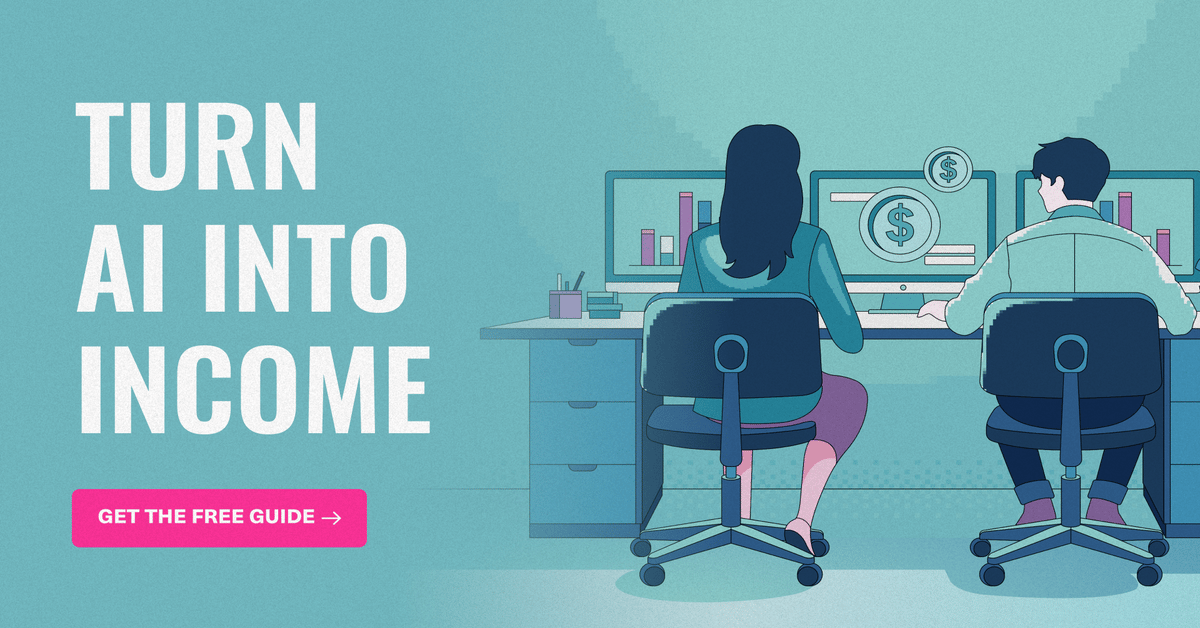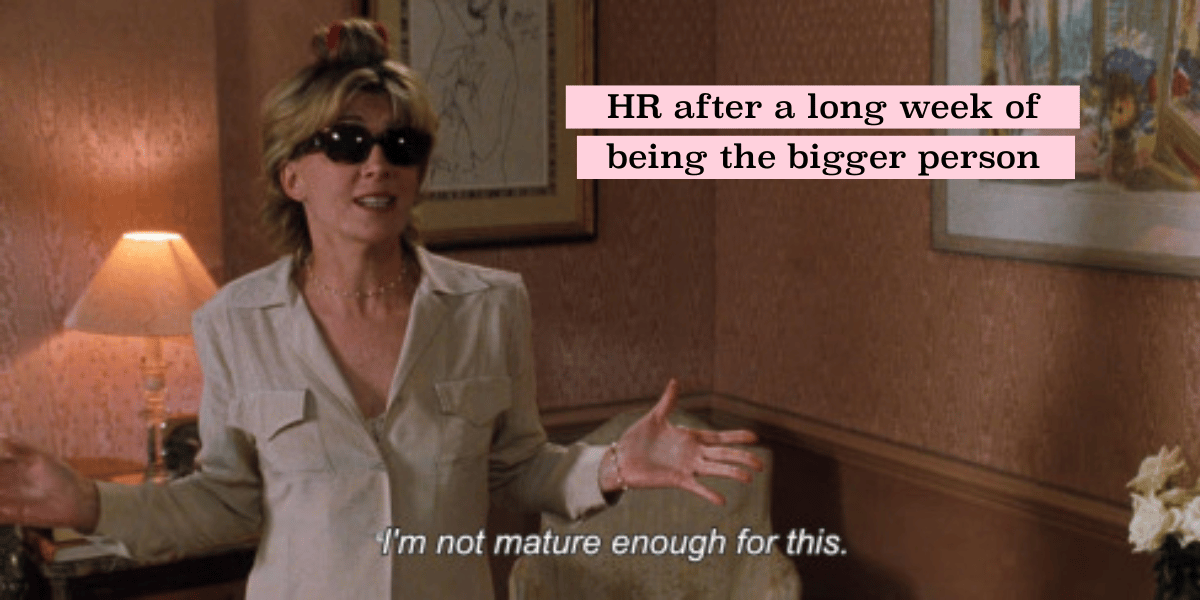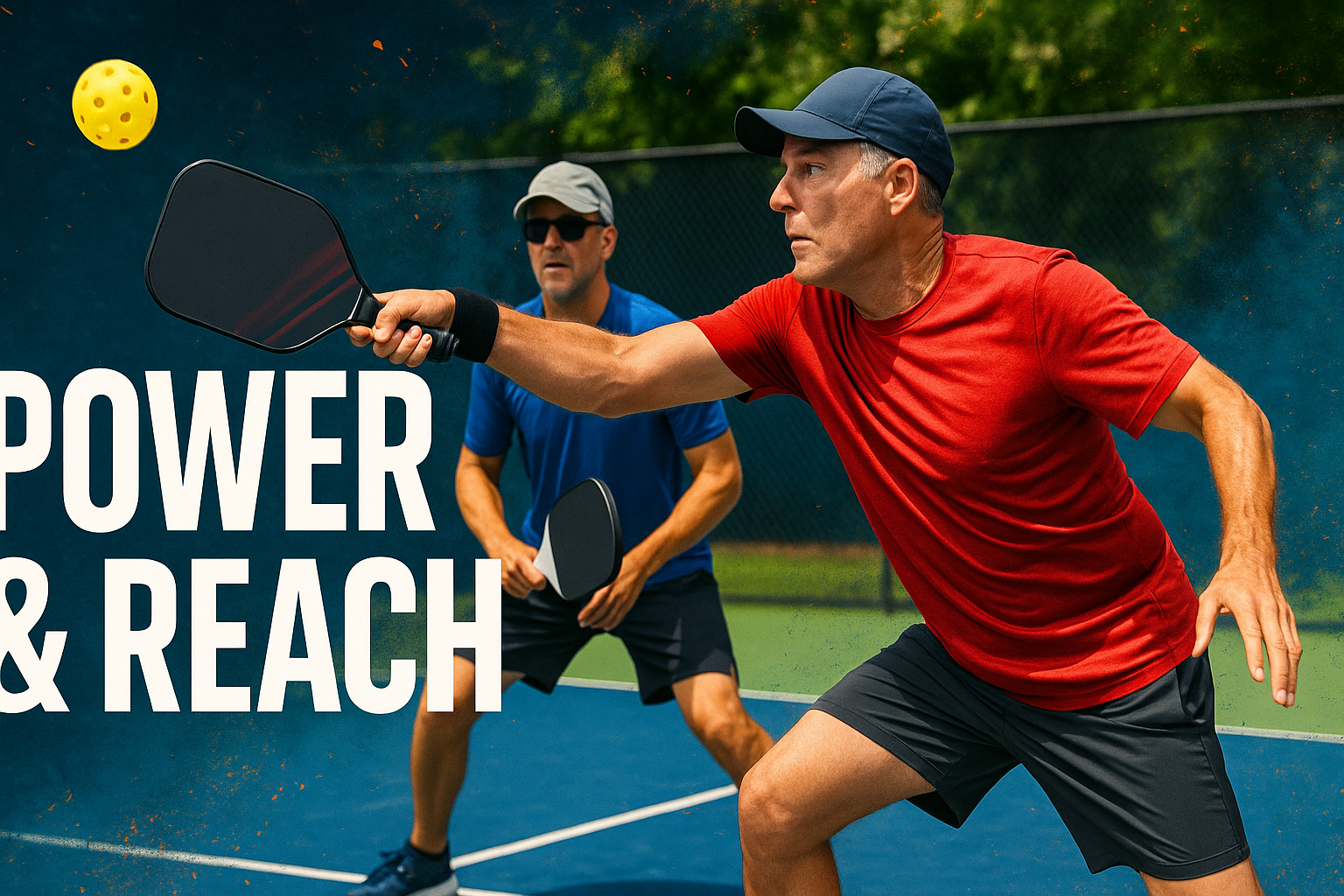- PICKLEBACKCLUB
- Posts
- Can Pickleball Help You Live to 100?
Can Pickleball Help You Live to 100?
The surprising link between longevity, community, and America’s fastest-growing sport.
PICKLEBACKCLUB
Is the AI Bubble About to Burst? (95.2% Accurate Forecast)
NVIDIA officially reports earnings November 19, but you can get a sneak peek right now.
Not just for NVIDIA, but for dozens of public companies.
On Polymarket, the world's largest prediction market (with verified 95.2% accuracy), you can see what top forecasters believe will happen.
Our new Earnings Markets let you:
See real-time odds of NVIDIA beating estimates
Predict what executives will say on earnings calls
Profit directly from being right, regardless of stock price movement
Trade simple Yes/No outcomes instead of complex options
Will Jensen stun Wall Street again?
Or is the AI trade finally cooling off?
Top forecasters are already positioning.
Hey Picklebackers! 🏓✨
What if the secret to a longer, happier life wasn’t found in a lab or a supplement — but on a pickleball court? Around the world, researchers studying “Blue Zones” have discovered that the longest-living people share common habits: they move naturally, nurture strong social circles, and live with joy and purpose.
Sound familiar? That’s the essence of pickleball — movement, connection, and play rolled into one irresistible game.
The Connection Between Blue Zones and Pickleball: Living Longer Through Play
What if one of the secrets to living a longer, healthier, and more joyful life could be found on a pickleball court? It might sound surprising, but the growing popularity of pickleball in the United States and beyond shares remarkable similarities with the lifestyle principles found in the world’s Blue Zones — regions where people routinely live past 90 and even 100 years old with low rates of chronic disease.
From Sardinia to Okinawa to Nicoya, Blue Zone residents don’t just live longer; they live better. Their habits revolve around movement, purpose, community, and joy — the same values that keep millions of pickleball players coming back to the court each week. Here’s how the two are connected.
1. Move Naturally
In Blue Zone regions, people don’t “work out” in the modern sense. They don’t count steps or spend hours in the gym. Instead, they stay active through natural movement — walking to the market, tending to gardens, climbing hills, and doing manual chores that keep their bodies strong and flexible throughout life.
Pickleball aligns perfectly with this philosophy. The game encourages consistent, low-impact movement that challenges balance, coordination, and agility without the strain of high-intensity sports. The court is small enough to keep rallies fast and fun, yet big enough to promote a full range of motion. Because it’s easy on the joints and adaptable for all fitness levels, people can continue playing well into their later years.
Rather than forcing exercise, pickleball makes movement enjoyable and sustainable, which is exactly what the Blue Zones teach.
@danbuettner #sports #health #happiness #badmiton #tennis #pickleball #pickleballtiktok #pickleballislife #football #golf #bluezones #friends
One of the most powerful lessons from the Blue Zones is the idea of the “Right Tribe” — surrounding yourself with people who support healthy behaviors and emotional well-being. Longevity isn’t just about diet and fitness; it’s about relationships, laughter, and belonging.
Pickleball naturally cultivates that sense of community. Games are short, partners rotate frequently, and players of all ages and skill levels can participate together. It’s a social sport by design, often filled with friendly banter, teamwork, and post-game conversations. Many players report that their pickleball friends become like family — a built-in support network that extends beyond the court.
Research shows that social connection lowers stress, improves immunity, and can even reduce the risk of early death. In that sense, pickleball isn’t just a game — it’s a prescription for social health.
3. Purpose and Flow
In Okinawa, Japan — one of the original Blue Zones — residents talk about their “ikigai”, a Japanese word meaning “reason for being.” Having a purpose gives people motivation, direction, and joy. It’s one of the keys to mental and emotional longevity.
For many players, pickleball provides that same sense of purpose. Whether it’s improving skills, mentoring new players, or simply having something to look forward to every week, the game gives life structure and meaning. During play, it creates what psychologists call a flow state — a feeling of being fully immersed and present in the moment. That combination of focus, fun, and fulfillment nourishes both the brain and the soul.
4. Lifestyle Integration: More Than a Sport
The Blue Zone lifestyle isn’t about isolated habits — it’s about an ecosystem of healthy living. People in these regions combine regular movement with nutritious food, community gatherings, and relaxation. Their days naturally include physical activity, social connection, and a slower pace that reduces stress.
Pickleball fits beautifully into that pattern. Many players enjoy a morning match followed by coffee or lunch with friends — blending physical, social, and emotional well-being into one experience. The laughter, friendly competition, and sense of camaraderie all help to lower stress hormones like cortisol, promoting long-term heart health.
It’s a lifestyle, not a workout — and that’s what makes it sustainable.
5. A Modern Blue Zone in Action
Across the United States, pickleball communities are emerging as modern-day Blue Zones. In places like Naples, Florida, and The Villages, retirees and families gather daily to play, walk, and socialize. These neighborhoods are designed around shared spaces, walkability, and recreation — the same qualities that define the healthiest places on earth.
These pickleball communities prioritize connection over competition. They bring generations together — grandparents, parents, and even children — on the same court. It’s this intergenerational spirit that mirrors the inclusive, supportive culture found in Blue Zone villages worldwide.
6. The Longevity Advantage
While the scientific research on pickleball’s long-term health impact is still emerging, early findings are promising. Regular players show improved cardiovascular endurance, better balance and coordination, and lower stress levels. The mental challenge of reading shots, anticipating angles, and strategizing keeps the brain sharp. And perhaps most importantly, the social nature of the game combats loneliness — a major factor in aging and mortality.
The trifecta of movement, connection, and joy is the essence of longevity — and it’s baked right into the game.
Turn AI Into Your Income Stream
The AI economy is booming, and smart entrepreneurs are already profiting. Subscribe to Mindstream and get instant access to 200+ proven strategies to monetize AI tools like ChatGPT, Midjourney, and more. From content creation to automation services, discover actionable ways to build your AI-powered income. No coding required, just practical strategies that work.
The Blue Zones offer timeless wisdom: move naturally, nurture relationships, find purpose, and embrace joy. Pickleball, in its own modern way, brings all those principles to life. It’s more than just a sport — it’s a social movement that keeps people active, connected, and happy.
In the end, it’s not the number of years that matter, but the joy inside them. Pickleball offers a beautiful reminder that laughter, friendship, and motion are timeless medicine — and maybe, just maybe, the real secret to a long and happy life.
Dill-lighfully yours,
Your PICKLEBACKCLUB Team 🥒🎾
The best HR advice comes from those in the trenches. That’s what this is: real-world HR insights delivered in a newsletter from Hebba Youssef, a Chief People Officer who’s been there. Practical, real strategies with a dash of humor. Because HR shouldn’t be thankless—and you shouldn’t be alone in it.





